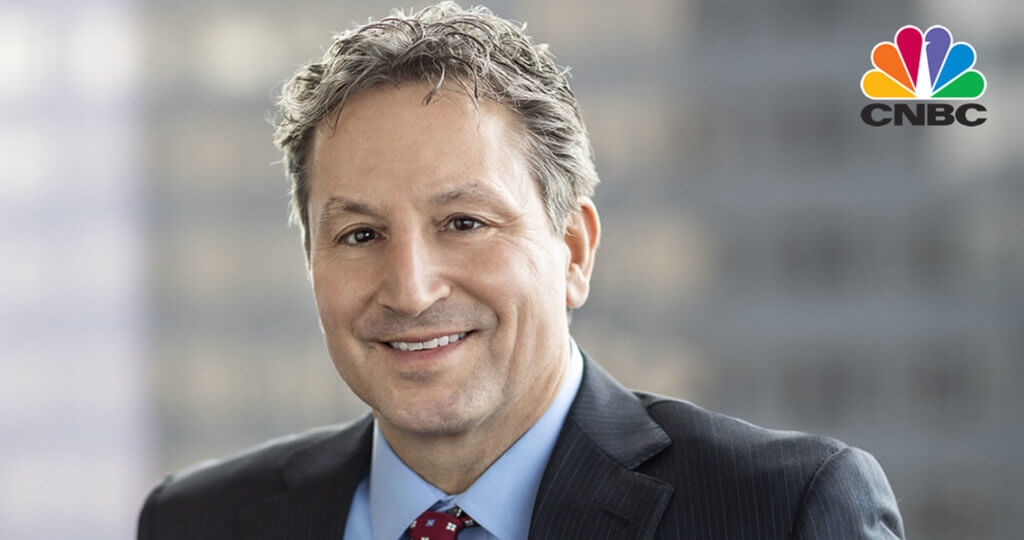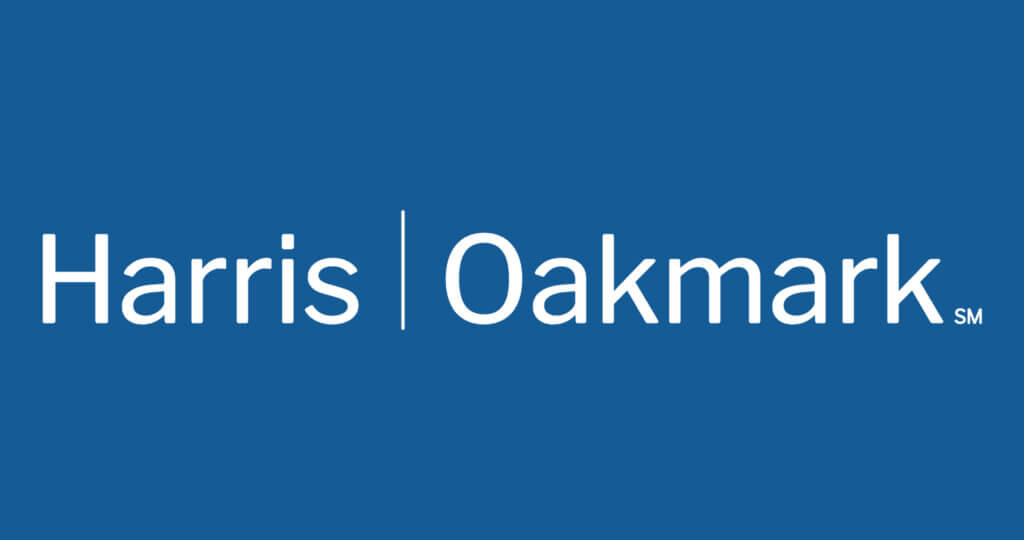Fellow Shareholders,
While both the Oakmark International and International Small Cap Funds had acceptable investment performance in the fourth quarter of 2011, the full year was not good for global equities or for our two Funds, as natural disasters (first in Japan, later in Thailand) and Europe’s sovereign debt crisis took their toll. The short-term challenges cannot be denied, but I remain extremely confident about the medium and long-term future.
The biggest challenge may still be the volatility of the global equity markets. As a result of mostly political and some macroeconomic instability, on any given day it seems a company can see wild intraday swings, and that makes it challenging to keep portfolios positioned correctly. Of course, on the flip side, volatility does present opportunity when the ups and downs in the market price of businesses do not reflect changes in their intrinsic value.
Three Good Reasons…
As a value investor, I’m confident for three reasons. The first reason is valuation. As of the end of November, according to MSCI, the EAFE Index traded at 1.3x book value, 6.7x cash flow and it yielded 3.9%. In Japan, stocks are even cheaper – at the end of the same time period, Japanese stocks traded 0.9x book value, 5.7x cash flow and they yielded 2.7%. Keep in mind that the 10-year Japanese treasury security yielded just 96 basis points as of January 3, 2012! In Japan, manufacturers had to deal with two natural disasters in 2011 – first the earthquake and tsunami, and then the prolonged flooding in Thailand. I expect to start seeing increased business activity, more profitability and perhaps even a V-shaped economic recovery for Japan.
Global blue chips in general are selling at extremely attractive valuations, though investor interest remains soft. And, of course, then there are the European financials. This is the sector where fear is running highest and where there are the most generalizations. It is widely believed that all banks and financial institutions in Europe are under duress, when in fact we are able to find healthy, well-capitalized, profitable companies in this sector. Certainly this isn’t the best of times, but companies are still making money while selling at well below half their book value. I think there are good opportunities for careful, long-term investors.
My second reason is that these low valuations are especially meaningful given the fact that, despite the negative headlines, the world is still growing at an acceptable rate. Yes, some parts of Europe will be zapped by recession, but the United States, the world’s biggest economy, is experiencing an acceleration in economic growth and Asia, including Japan, is also growing at meaningful rates. In the midst of Europe’s turmoil in September, the IMF predicted global economic growth of 4% for 2012, though that number may be subject to revision. Growth at or close to 4% bodes well for increases in corporate profitability. When one combines low valuations with economic growth, it is generally positive for stock prices.
Reason three is that, over the past few years, we have seen investors pour liquidity into “safe havens” – most notably, treasury securities of governments deemed “safe.” I’ve already mentioned the Japanese 10-year yield is under 1%. In the U.S., the 10-year Treasury’s yield is under 2% and the 5-year yield is under 1%. Yes, bonds have had a great decade and over the past 30-year period, they have outperformed stocks. It is my belief that this outperformance is unsustainable and there will be some mean reversion, especially given the differential between the combined market earnings and dividend yields for stocks versus the yields on Treasury securities.
Europe – The Last Words
I’ve often been asked my view about the future of the eurozone, given its sovereign debt and fiscal troubles. I believe the eurozone will not only remain intact, but its members will strengthen their ties. My thinking is that this will be the outcome mostly because it has to be the outcome for Europe to remain relevant. If the eurozone doesn’t become more integrated fiscally and strengthen its monetary system, it will become inconsequential on the world stage. And I really don’t believe Europe is ready to call it quits and to leave it to the U.S. and China to steer global economic and political policy.
I do, however, think one key message from the European debacle is not being transmitted, and this relates to the point at which government becomes too big and too intrusive. Southern Europe’s problems are not due to undertaxation, in our view, but rather to the size and scope of government. This includes rules and regulations that impact the micro economy. Simply, when users of labor are not free to hire and fire, the incentives to hire are reduced. And when unemployment is subsidized by a generous welfare state and pension system, and with unit labor costs uncompetitive, there exists a large substitution effect resulting in high unemployment.
I believe the real issue in Southern Europe is NOT entirely macro, though sovereign debt and budget deficits are a problem. What is constraining Europe are microeconomic policies that have created an inflexible, inefficient labor market and layers of business regulation that have not only inhibited hiring, but also have caused a negative impact on new investment. It is refreshing to note that Mario Monti, Italy’s new prime minister, seems to recognize this and is working on legislation intended to address some of these issues. Spain also has a new government and it will be interesting to see if their new PM takes the same approach.
Wishing all a great 2012!
Past performance is no guarantee of future results. The performance data quoted represents past performance. Current performance may be lower or higher than the performance data quoted. The investment return and principal value vary so that an investor’s shares when redeemed may be worth more or less than the original cost. The performance of the Funds does not reflect the 2% redemption fee imposed on shares redeemed within 90 days of purchase. To obtain the most recent month-end performance data, view it here.
The MSCI EAFE (Europe, Australasia, Far East) Index (Net) is a free float-adjusted market capitalization index that is designed to measure the international equity market performance of developed markets, excluding the US & Canada. This benchmark calculates reinvested dividends net of withholding taxes using Luxembourg tax rates. This index is unmanaged and investors cannot invest directly in this index.
Investing in value stocks presents the risk that value stocks may fall out of favor with investors and underperform growth stocks during given periods.
Investing in foreign securities presents risks that in some ways may be greater than U.S. investments. Those risks include: currency fluctuation; different regulation, accounting standards, trading practices and levels of available information; generally higher transaction costs; and political risks.
The stocks of smaller companies often involve more risk than the stocks of larger companies. Stocks of small companies tend to be more volatile and have a smaller public market than stocks of larger companies. Small companies may have a shorter history of operations than larger companies, may not have as great an ability to raise additional capital and may have a less diversified product line, making them more susceptible to market pressure.
The discussion of the Funds’ investments and investment strategy (including current investment themes, the portfolio managers’ research and investment process, and portfolio characteristics) represents the Funds’ investments and the views of the portfolio managers and Harris Associates L.P., the Funds’ investment adviser, at the time of this letter, and are subject to change without notice.






